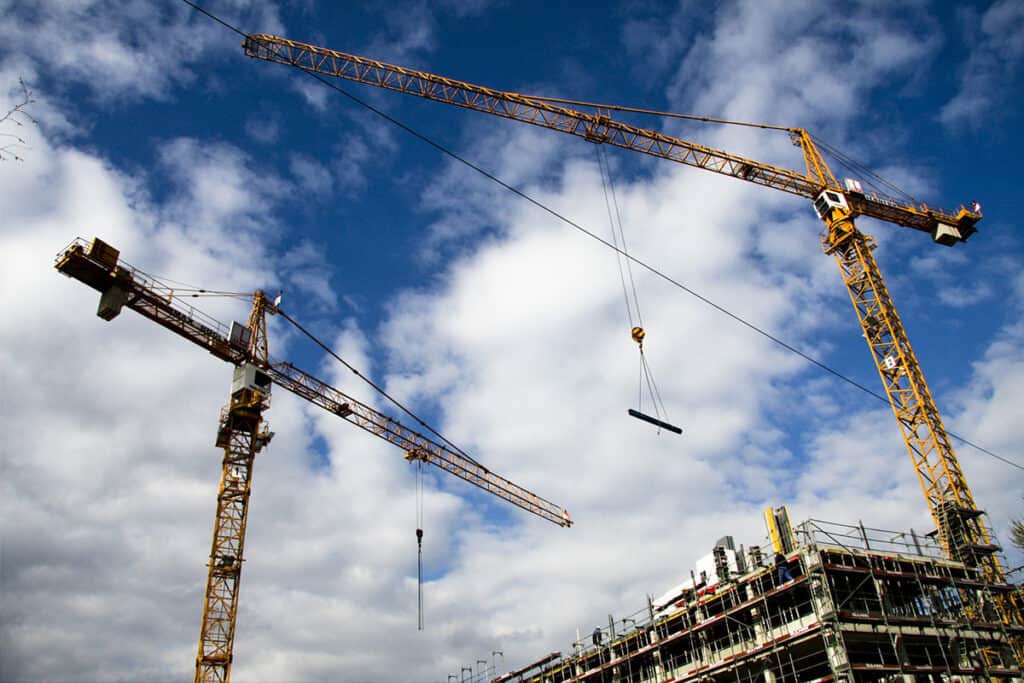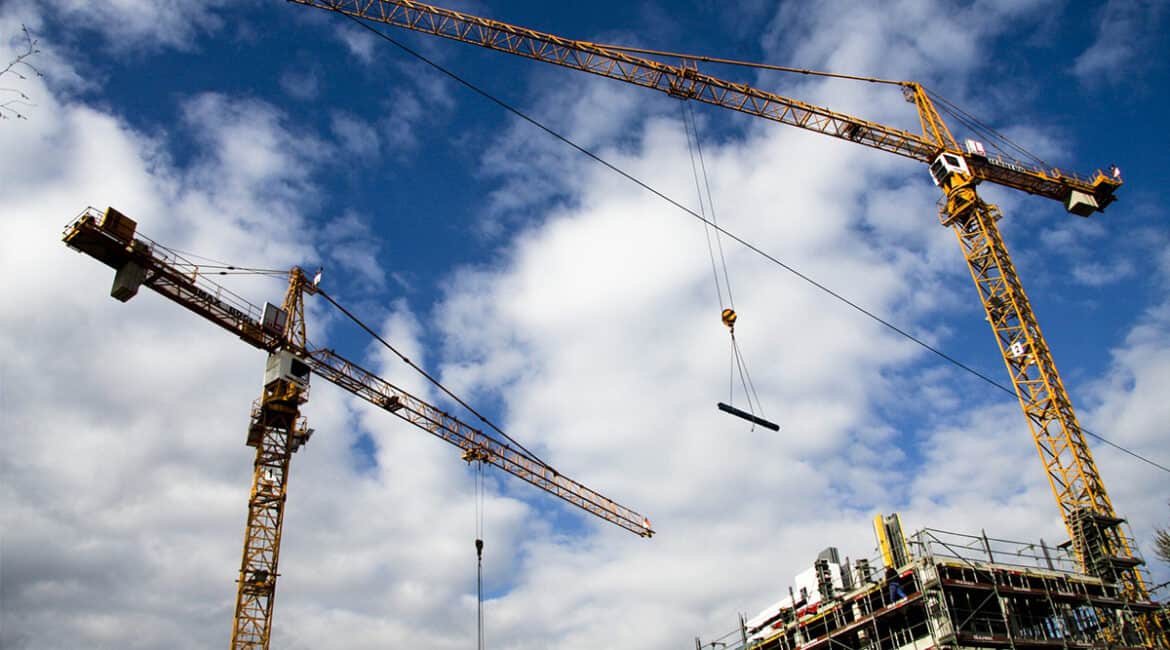The construction industry comprises of a wide range of activities including both residential and commercial construction. So, how do residential construction and commercial construction differ? It is wise to get to grips with the differences so that you select the ideal construction specialists for your next project.
Read on to find out about the critical differences between residential and commercial construction;
Seven differences between residential and commercial construction
Equipment
Typically, commercial development is a much larger project and much larger building. This means the equipment for residential and commercial projects will vary considerably. For example, commercial properties will typically need high-powered machinery, large cranes and other specialist pieces of equipment.
On the other hand, residential projects will not require such extensive machinery or large-scale equipment. As equipment needs specially trained personnel to operate it, you will typically only see this type of machinery, and these team members, on large commercial projects. This is because the cost of commercial projects can justify the equipment and additional specialist workforce.
Materials
Commercial buildings typically have a steel frame while residential construction projects will predominantly focus on timber. The primary reason for this is commercial projects can justify the cost and investment of using steel. However, residential construction needs to be more affordable as small-scale projects and timber is a cheaper material to use.
Typically, construction firms in the commercial sector will have long-term relationships with suppliers which means that materials are consistent in projects. However, residential projects may have more choice when it comes to selecting the right materials. Furthermore, small projects will have more flexibility in the materials to use. However, this may cost more due to the tenuous relationships with suppliers.
Use

Commercial construction is used by businesses and involves projects such as the building of offices, industrial facilities and other business establishments. Residential construction, on the other hand, will be in places where people live, such as in apartment, houses and other homes.
Property owners or tenants will typically instruct residential construction projects. Commercial construction will come from business decisions. With this in mind, residential builders will usually have one point of contact while a commercial building company may have to liaise with multiple people or a board of stakeholders.
Permits required
While both residential and commercial construction both require permits and adherence to building regulations, typically commercial construction has a greater range of codes and permits due to the use and makeup of the building. Commercial properties will typically be more complex construction projects including aspects such as lift access, complex power solutions and parking areas and garages. However, a residential project will usually have fewer elements to consider.
Pace of work
Often, commercial construction companies will have a large workforce and a requirement to work at speed to meet business deadlines and to ensure maximum efficiency for greater profits. Businesses will typically have more stringent expectations for timelines compared to the average homeowner. Furthermore, commercial construction projects operate in a multi-task environment while residential projects may not have the resources or space to do so.
Residential projects usually operate at a much slower pace of work compared to commercial construction project this is due to less efficient equipment and a smaller workforce. However, commercial projects will usually take longer complete due to the complexity and extent of the work involved.
Functionality
Another aspect that shows the difference between commercial and residential construction is the functionality of the building. While residential projects will have limited functionality purposefully for domestic uses, the functionality of commercial premises can be extensive.
Commercial construction may include shops, warehouses, factories, clinical laboratories, hospitals, theatres, sports venues, local authority buildings and much more. With the increased functionality, there’ll be a greater need for specific services such as the installation of fire protection equipment, escalators and lifts, security, access control, data and server rooms, lighting and HVAC.
Funding
Commercial and publicly funded construction projects will usually command a higher price than a domestic construction project which will have to be cheaper to suit the budget of the homeowner. As the typical domestic client will have a stricter limit on what they are willing to pay for projects, builders need to price accordingly for both sectors.
As the size of the project is much smaller for the domestic market, such as small renovations, refurbishments and extensions, the price reflects the scope of the work.

